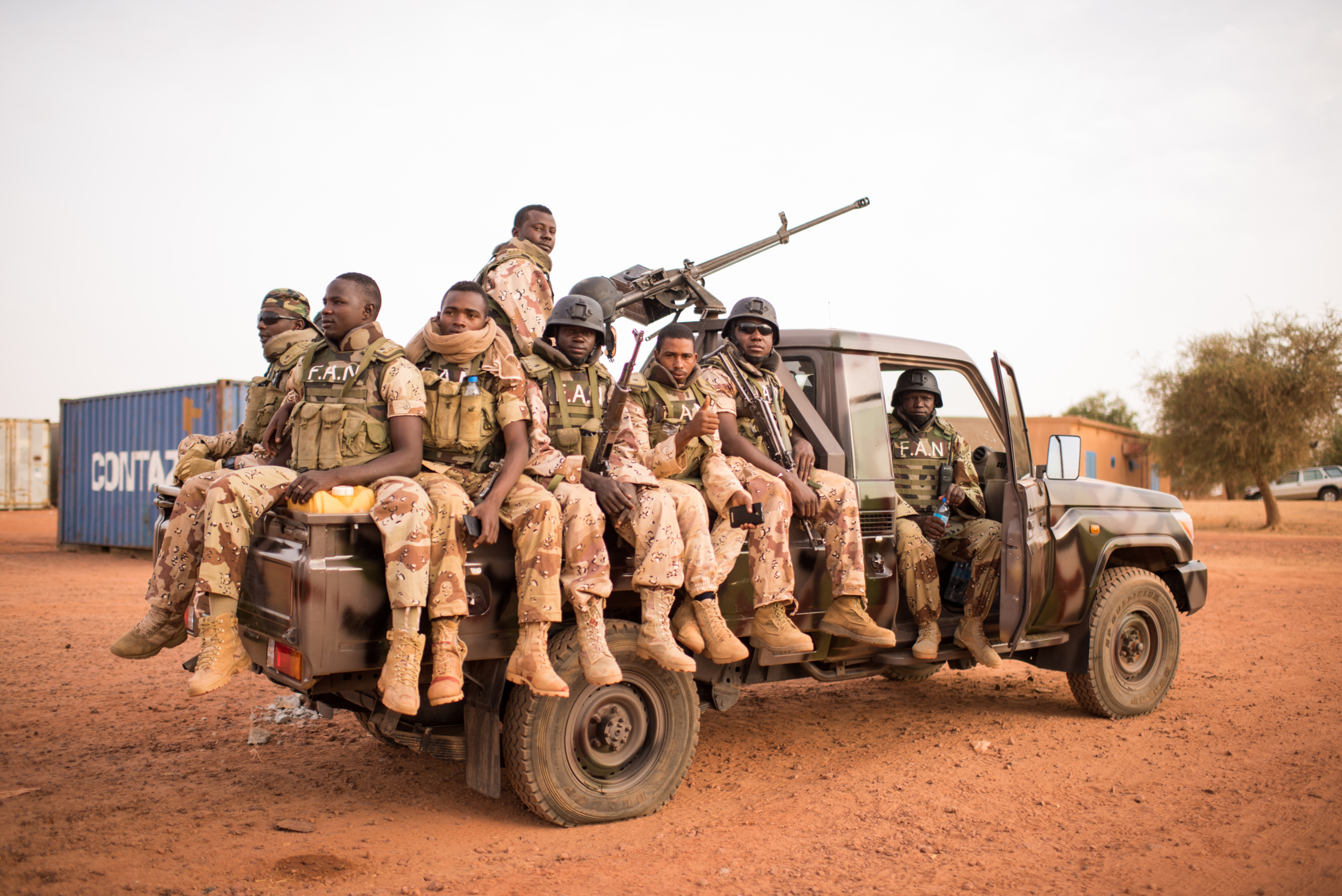Niger’s Coup and its Repercussions on Foreign Aid

While Africa’s so-called Coup Belt may have been enveloped in a period of relative dormancy over the past decade, recent coups and rebellions in the Sahel have reignited concerns over political stability and governance in the region. The 2023 military takeover in Niger serves as one such prominent reminder of the underlying challenges facing the Sahel, highlighting the devastation insurgency can bear on critical aid and developmental support reaching its nations while forcing consideration of alternative routes to attaining regional sustenance and growth.
The Resurgence of West and Central Africa’s Coup Belt
The geographical stretch of West and Central Africa’s Sahel, what is referred to as its Coup Belt, has witnessed a resurgence of its historical tendency towards significant political unrest, characterized by rebellion and conflict, including Niger’s recent 2023 coup.
Turmoil in the Backdrop of One of the Poorest Nations
Within Niger’s harsh landscape, poverty looms large, leading to its Human Development Index ranking as the world’s third lowest in 2023. A staggering 41% of Niger’s population grapples with extreme poverty, while 40% of the state budget hinges on foreign aid.
Pressure on resources essential for sustenance has also been on the rise, with spillover from inflated food prices in Nigeria, the influx of refugees from conflict in neighboring states, as well as the lingering effects of Niger’s 2021 drought.
Additionally, early 2023 reports indicate that Niger struggles with severe food insecurity, affecting more than 3.3 million individuals, with approximately 7.3 million more faced with moderate food insecurity while perched on the edge of worsening conditions. Hence, agitation from the recent coup and its aftermath threatens to plunge a further 28% of the population into an even more dire state of hunger.
The International Reaction to Niger’s Coup
On July 26, Niger experienced momentous political upheaval as the military revolted, detaining President Mohamed Bazoum, suspending the constitution and installing General Abdourahmane Tchiani as the new head of state. The military further established the National Council for the Safeguard of the Homeland, a governing body that took hold of both legislative and executive powers.
Niger’s coup was immediately and vigorously met with international condemnation. Nations and international and regional organizations were quick to respond with varying means of pressure on the governing military to restore constitutional order, primarily through sanctions and rollback on foreign aid and assistance.
Following Niger’s coup, the EU promptly announced a suspension of all budgetary support and the cessation of security collaborations with Niger, a sentiment that reverberated in the individual responses of European governments to the coup.
International and Regional Organizations Respond to the Coup
Prior to the 2023 Coup, Niger had already been heavily dependent on international assistance. With external budget support and loans accounting for almost half its annual budget, foreign aid to Niger constitutes a crucial lifeline for its fiscal operations. Niger receives infusions of nearly $2 billion in development aid annually, making it West Africa’s second-largest beneficiary of international assistance.
Niger also possesses one of the most substantial portfolios within the World Bank in the African region, valued at $4.5 billion. Between 2022 to 2023 alone, Niger received a noteworthy $600 million in direct budgetary support extended by the World Bank.
However, in tandem with the global community after the coup, the World Bank suspended disbursements for most operations in Niger, except specific partnerships. While such measures are aimed at quelling political insurgency, they also bear direct repercussions on the livelihood of Nigeriens. For example, the termination of an ongoing joint cash program established between the Bank and Niger intended to provide support to vulnerable populations, is anticipated to impact an estimated 66,000 Nigerien households.
Regional Sanctions Highlight the Extent of Nigerien Dependency on Foreign Aid
The Economic Community of West African States (ECOWAS) had committed to ending the recent surge of coups within the Sahel region of West Africa. Following the coup in Niger, ECOWAS enforced a series of sanctions, encompassing border closures, cessation of commercial activities, asset freezes and the suspension of financial aid to Niger. The Central Bank of West African States (BCEAO) also took a resolute stance, freezing Niger’s assets and shuttering its local branches due to operational risks.
The ECOWAS sanctions induced far-reaching effects, leading to the cancellation of Niger’s planned $51 million bond issuance in the West African regional debt market, invoking uncertainties over Niger’s ability to meet debt repayments. Additionally, the gravity of ECOWAS sanctions on Niger was exemplified by Nigeria’s cessation of power supply through the Birnin-Kebbi line, causing prolonged power outages in the Capital Niamey, among other cities.
Furthermore, Niger’s landlocked status amplified the impact as neighboring countries strictly enforced border restrictions. Nigeria, which supplies 70% of Niger’s electricity, severed the power link, raising concerns over economic repercussions across all sectors. As Niger’s primary supplier of food imports, the cessation of trade with Nigeria also resulted in a 17% increase in the price of rice within the first week of sanctions.
Nevertheless, a glimmer of hope remains. While ECOWAS had similarly imposed sanctions on Guinea, Mali and Burkina Faso, it eventually lifted them, despite their remaining under military rule.
Hope for Niger
The military government of Niger has announced the reopening of borders with Algeria, Burkina Faso, Libya, Mali and Chad. From among its neighbors, Mali and Burkina Faso have already signaled solidarity by planning a joint official delegation to support Niger. Algeria also emerged as an ally to Niger’s positive trajectory, advocating for a peaceful diplomatic resolution that would enable it to honor its long-standing commitment to building deeper political, security and economic relations with Niger.
Finally, in a broader context, while Western powers exert significant pressure on Niger for the restoration of the deposed president, indications of support for ECOWAS military interference remain scant, as concerns regarding potential immigration flows towards Europe in the aftermath likely deter from the idea.
– Nadia Asaad
Photo: Flickr
